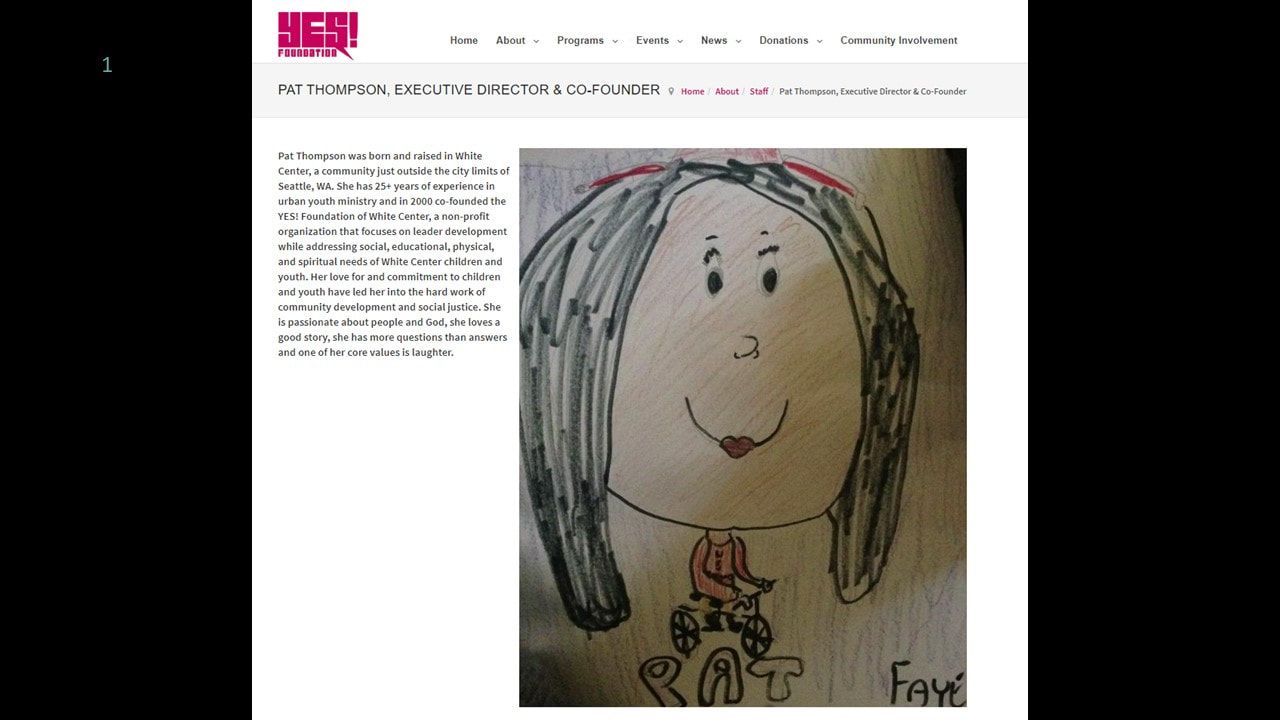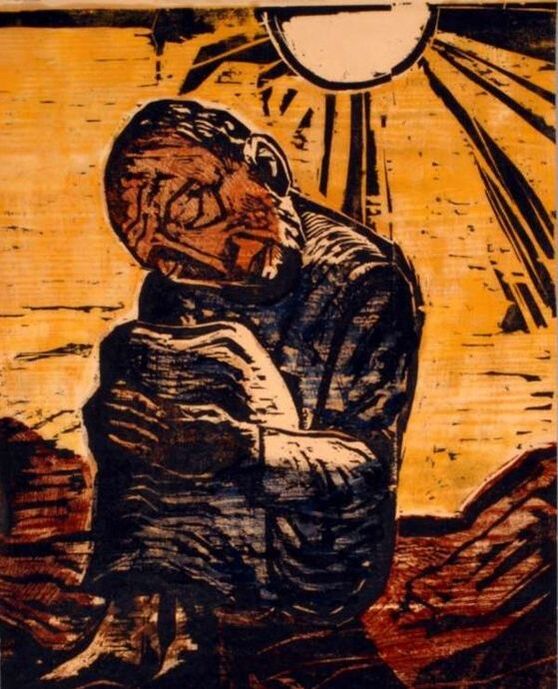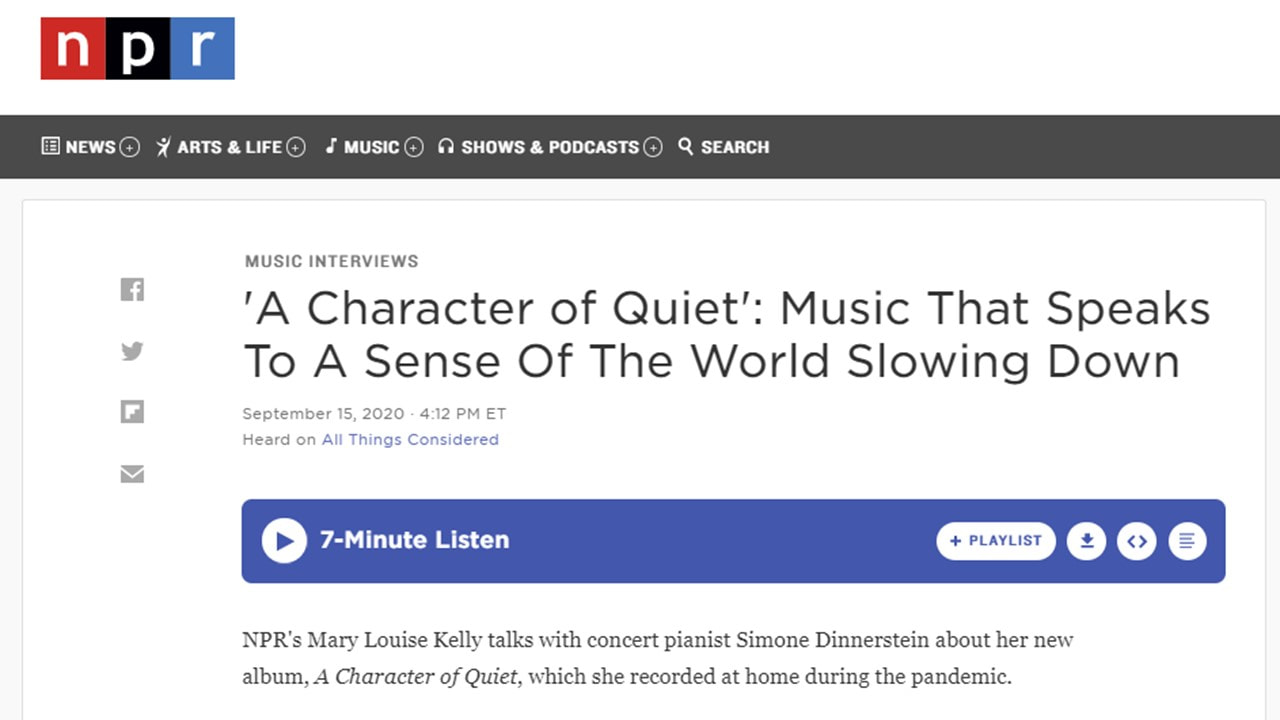Scott AndersonJonah 3:10-4:11 † Psalm 145:1-8 † Philippians 1:21-30 † Matthew 20:1-16 You can find a video copy of this sermon in the context of worship here. They are both right, aren’t they? This is no case of fake news. It’s just a problem with perception and location and what’s fair. The laborers who were hired first thing in the morning, who went out and put in their twelve hours under the hot sun cannot abide that they are paid the same as those last to join the party, who work an hour at best—and get just as much. It is not fair. Or, to be more precise, it is not equitable. This is true. And yet, the landowner has an equally valid point, doesn’t he? Did I not keep our agreement? We negotiated for the usual day’s wage at the beginning. This is what I’ve given you. How have I wronged you? This is such a powerful story, isn’t it? I suspect we find ourselves all over in it. And each time we hear it, we may be in yet another place. Sometimes I’m the landowner. At another time I’m the worker hired bright and early, the first one chosen, the hard worker. But other times I just might be that straggler still hanging around at five. I’ve been here all day waiting. Or maybe I’ve just shown up and I’m pretty sure I may not deserve to be hired, that I lack what I need to do the job. And our questions shift depending on where we find ourselves in the story. How do I feel when I’ve done more than my share? Or less? How do I feel when I’m the one whose been looked over, or when I get more than I deserve? How do I feel when no one sees me and the story of my life? If I’m the landowner, I may be occupied with the same questions we might consider down by the Home Depot if we need a few guys for a day or two for a job. Can they do the job? What about a background check? Should I be concerned about their immigration status? Do they have a green card? And as the day gets later, I’m may start wondering why these guys are still here? Why haven’t they been hired yet? Why are they still hanging around? Jesus does not tell us if they’ve been there all day or if they’ve just shown up, does he? That part of the story is left to our imaginations. How might our presumptions change the questions we ask? What if this is about a glass ceiling? Or a case of preferential treatment? What if the system has been rigged against me? What if it was all I could do to get there at noon or five? Maybe I’ve had to figure out how to get my kids to school, make sure grandma’s meds are set, and yet I still need to get this next day’s wage in order to put food on their table? Can you imagine how anxiously the 5-o’clocker might be waiting, knowing that no work may mean no food, no rent, no money, no future? Pat Thompson—pictured here—of the YES! Foundation, a leadership development non-profit in White Center even finds herself in the place of the bookkeeper. She wonders: Can you imagine what it would be like to work for such an unpredictable boss? How do you do the books for someone like this? Would you be able to manage, or would you eventually start looking for other work?[i] And, Thompson wonders: what if you were a part of the family? Can you imagine the stir you would get caught up in? The whispers? The gossip? Will I have to answer to the people who question his motives while I’m at the store? What kind of pressure is put on those who associate with someone who doesn’t play by the rules? That’s what Jonah wonders, isn’t it? The surprise of both of these stories is the honesty. A rare thing to be sure. Don’t you love it? That’s why I went the other way, Jonah tells God. That’s why I stowed away on the boat. That’s why I ended up in the belly of that fish! “I knew that you are a gracious God and merciful, slow to anger, and abounding in steadfast love, and ready to relent from punishing.” That’s the problem! You have made them equal to us! This is, of course, the story of White Supremacy—the American project to claim that whites are somehow more deserving than everyone else. And like Jonah in his avoidance of God’s mercy for the Ninevites, he invited a whole bunch of trouble to avoid dealing with it. James Baldwin understood that this system was a curse not just for black people in America. It was a juggernaut for whites as well. According to Baldwin, white people remain trapped in a history that we do not understand—one from which we need release. But to begin to confront it is to be terrified. It requires a recalibration of our identity.[ii] “You have made them equal to us.” Indeed. And there’s the rub: How have I wronged you? Did I not keep our agreement? Are you jealous because I’m merciful? Yes. Sometimes. And when the smoke clears, and the plant that was given to us for relief withers, and we are left in the harsh light of this truth, we too may wither away. But there is no need. For here is the good news. Great, good news, it turns out. If I really think about it, if I think about my life, I’m not sure I want a fair God. In fact, I’m pretty sure I don’t. I don’t think I want a God who keeps a careful ledger of right and wrong, good and evil, earned and unearned. I think, in the end, I’ll take one who is merciful, and kind, slow to anger and abounding in steadfast love. The pianist Simone Dinnerstein was interviewed this week. She’s just released a new album called A Character of Quiet. It was her response to her pandemic experience of a world slowing down. For the first few months of the pandemic she gave up playing the piano, when she was accustomed to practicing five or six hours a day. She tried to play, but like many of us, I suspect, was flummoxed by the isolation, the immensity of it all, by the inability to respond to the moment creatively.
She describes it this way: So right now, this seems to be a period of time when we're almost caught in this sense of repetition each day, not knowing where we're going. You know, there's not the sense of forward momentum that we normally have in our lives.[iii] It has taken a toll for many. Yet she discovered in the inactivity, the forced quiet, that there was more going on—something of grace and mercy under the unpredictable plant of her experience. After a while, her producer suggested she quit trying to practice and just record. She only had her small, noisy apartment in the midst of the city, but they made it work. And I think that this may be my best recording so far. And it's so surprising and also very reassuring for me because I thought that I was all dried out and doing nothing. And it turns out that something was happening to me when I wasn't playing. And I guess that's a good lesson to learn.[iv] I suspect she’s right, and that we too are in the midst of something bigger and more transforming than we understand. And I take hope in these stories of this generous God who is gracious and merciful, slow to anger, and abounding in steadfast love. In the end, after all, all the workers receive what they need for the day. And the Ninevites are saved. And Jonah is no worse off. And neither are we. Thanks be to God. Notes: [i] Pat Thompson. “The Corner of Delridge and Roxbury” in Word from Below column. September 18, 2020. [ii] Reggie Williams. “White supremacy is a script we’re given at birth.” The Christian Century. September 15, 2020. Retrieved on September 18, 2020 from: https://www.christiancentury.org/article/critical-essay/white-supremacy-script-we-re-given-birth. [iii] “A Character of Quiet': Music That Speaks To A Sense Of The World Slowing Down” NPR’s All Things Considered, September 15, 2020. Retrieved on September 18, 2020 from: https://www.npr.org/transcripts/913246586. [iv] “A Character of Quiet': Music That Speaks To A Sense Of The World Slowing Down” NPR’s All Things Considered, September 15, 2020. Retrieved on September 18, 2020 from: https://www.npr.org/transcripts/913246586.
0 Comments
Leave a Reply. |
St. Andrew SermonsCategories
All
|





 RSS Feed
RSS Feed